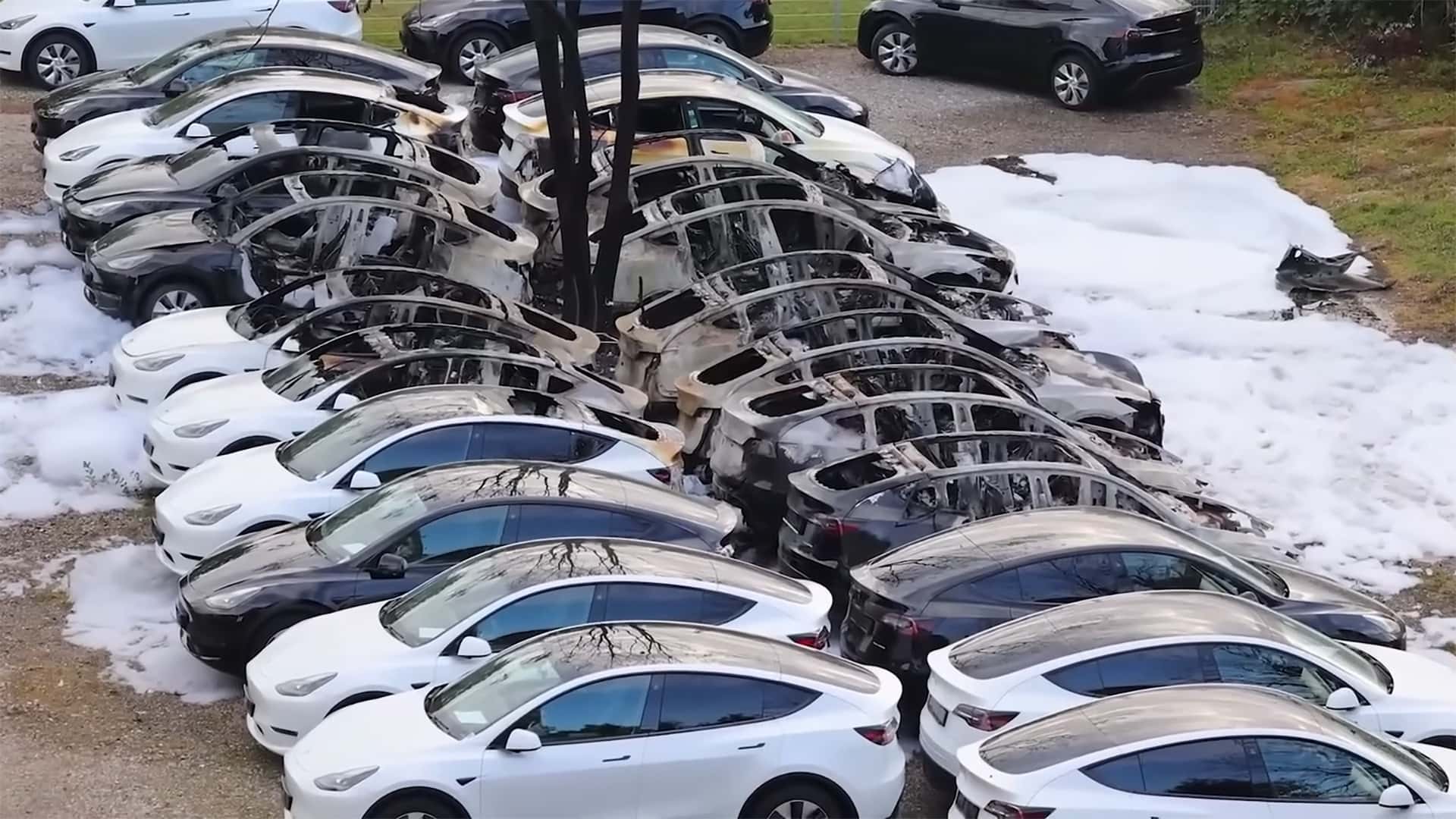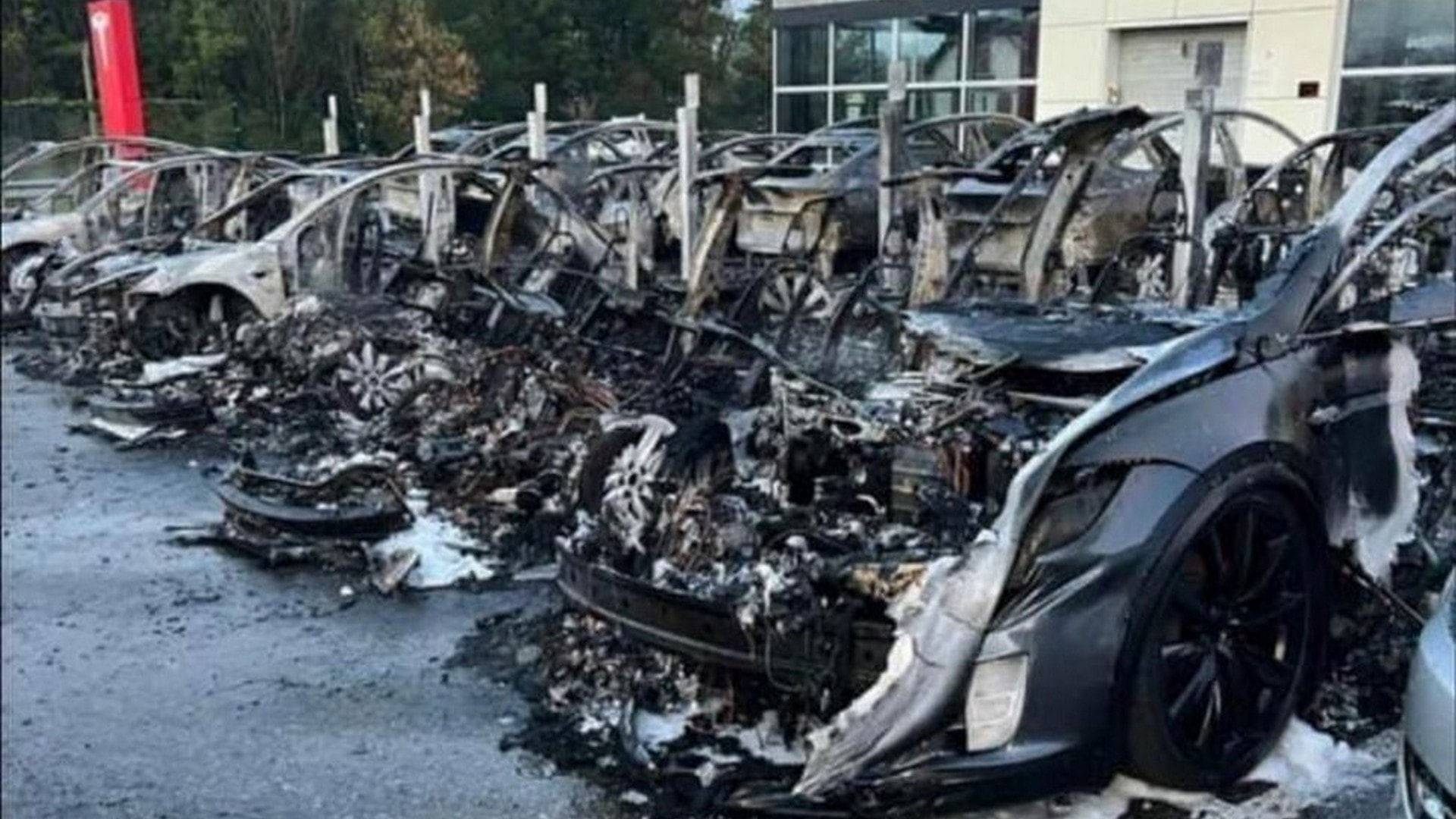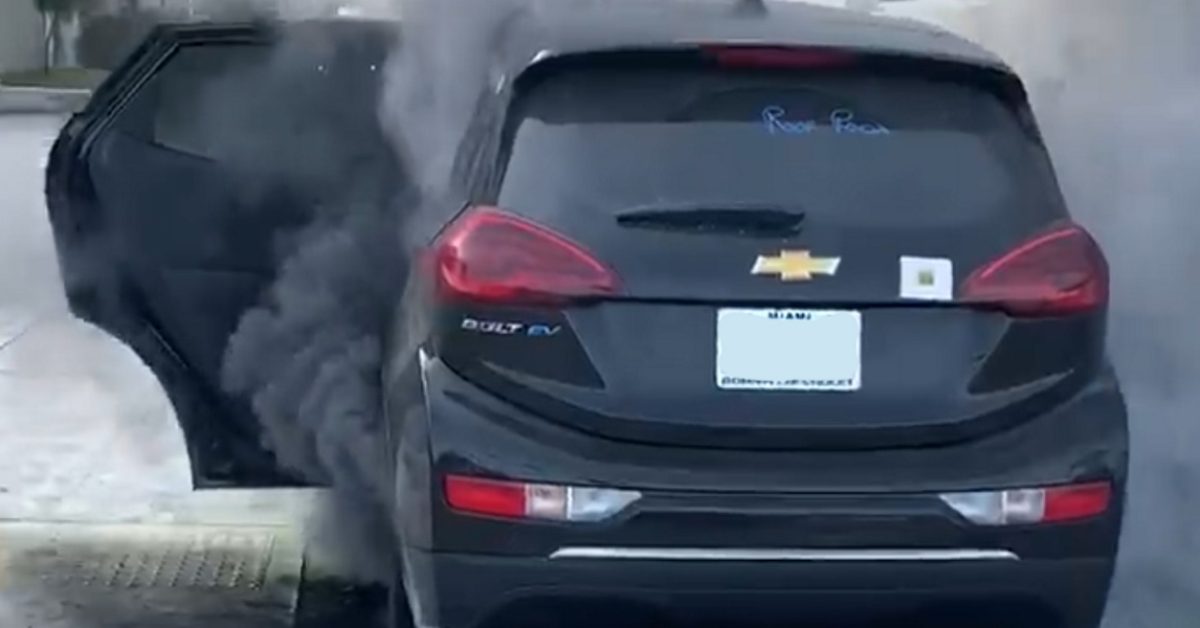you can also take your chances with you and your family that's up to you. i'm not coming down on you. and like i pointed out i make money putting in these auto chargers that is no skin off my nose
We take chances all the time. As I already estimated, the odds that my EV will spontaneously catch on fire is less than 1 in 100,000 in a year. What is my odds of dying in a car crash? I looked it up: 1.2 deaths per 100 million miles (in PA). So that means if I drive 800 miles, I have a 1 in 100,000 chance of
death, and yet I drive 10x that every year.
If I am taking my family on a vacation 400 miles away (800 round trip), I would certainly drive, even though flying or the train would be much safer, just to save money. I'd accept the odds of killing them, just to save a few bucks.
And of course, even if my car spontaneously caught on fire in my garage, it might burn my (insured) house down, but it probably wouldn't
kill me or my family members.
Your stories about EV fires being slow burning and hard to extinguish is a
feature, not a bug. The cells are potted in fire-retardant chemicals so that the spread of fire is very slow, allowing people time to get away from the vehicle. House fires are dangerous because fire can spread very quickly and overwhelm victims before they can escape.
---------------------
Data: the Chevy Bolt with defective batteries sold 50,000 units, and maybe 200,000 in-service years, reported 19 spontaneous or suspicious fires. Or about 1 per 10,000 service years. Closer to my death rate from driving 8k miles/year.
Here is a list of the 16 known Chevy Bolt EV Fires, including details, links to more information about each fire, and which ones are confirmed.

electrek.co
Examining the reports, it looks like there were zero fatalities, and only a few house fires, as most vehicles burned while parked outdoors.
I expect that current EVs have a spontaneous fire rate at least 10X lower than in the defective Bolts (or <1:100000 per year I assumed above), but that the risk of house fire or death is another order of magnitude lower than that.
I'll take my data above over anecdotes from firefighters and TV news.
Keep in mind there are now a couple million EVs on the road in the US, so even at the low rate estimated, we would expect up to 20 (spontaneous) EV fires per year, and maybe 2 resulting house fires per year, over the whole country. If many of those make national news (unlike the
200,000 ICE vehicle fires in the US in a typical year) one gets a skewed view of risk: ICE vehicles are 20-60X more likely to end their lives burnt to a crisp.




![[Hearth.com] Why so much hate over electric vehicles? [Hearth.com] Why so much hate over electric vehicles?](https://www.hearth.com/talk/data/attachments/322/322025-c86f8b0fec5586fe20a7da3fdcb20f06.jpg?hash=zkZOb4_-_P)

